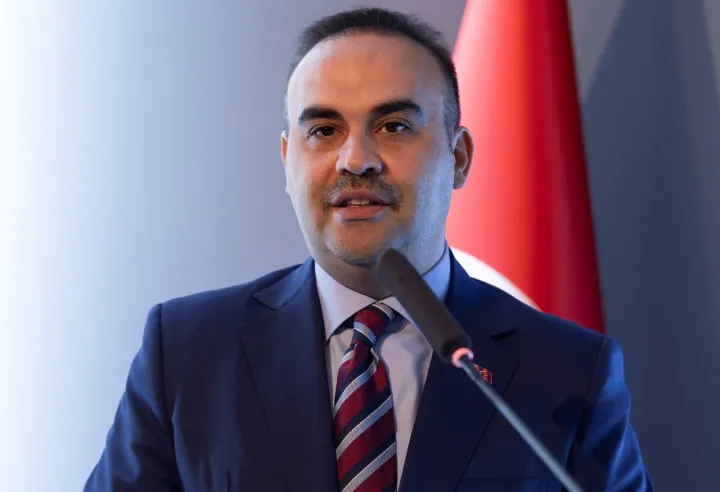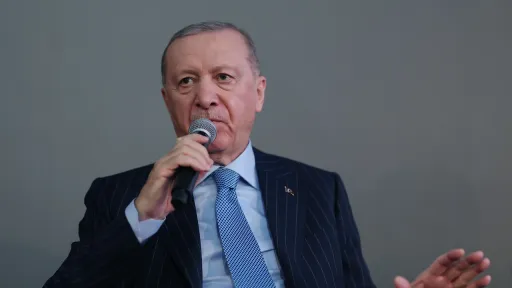Tunisia has asked the International Monetary Fund (IMF) to review its credit terms when extending loans to developing nations, especially those in Africa.
The country’s president, Kais Saied, says some of the terms imposed by the IMF are punitive and aimed at eroding the dignity of borrowing nations.
On several occasions, the IMF has asked African countries to remove subsidy programmes and also restructure government offices so that it can release funds to the nations.
President Saied, who is on the record rejecting loans from the IMF due to the conditions, says subsidies cushion citizens against a high cost of living, and that international lenders shouldn’t direct sovereign nations on how to run their internal affairs.
“These (citizens) are not just numbers. There are human beings whose dignity must be preserved. The hourglass must be turned if they want justice,” President Saied said when he participated in the Paris summit on global financing on Thursday.
Tunisia is seeking a bailout package worth nearly $2 billion from the IMF. Despite the loan being brokered in October 2022, the North African nation has declined the facility until the IMF removes its “tough” conditions.
Middle ground
President Saied stated on Thursday that he has initiated talks with the IMF to seek a middle ground, when he met the lender’s Managing Director Kristalina Georgieva during the Paris summit.
“I confirmed [to Georgieva] that the Fund's prescriptions can only be acceptable based on our country's perception, because we cannot accept prescriptions that are like putting a match [stick] to high explosives,” President Saied told Tunisian news agency, TAP.
The head of state further said that yielding to pressure by the IMF to remove subsidy and restructure the parastatals, could trigger civil unrest in the country. “I do not want bloodshed like the events of January 1984,” he said.
Saied, however, stated that Tunisia is contemplating changing how its subsidy programme is administered, revealing that there is a possibility of imposing taxes on people who “do not deserve them.”
He further said for now, “there is no database of the people who deserve the relief.”
Relief measures
On her part, IMF boss Georgieva said she was aware of the concerns raised by African states, and has promised to make funds more available to the developing nations by reworking the special drawing rights (SDR) system to allow developed countries to surrender a part of their borrowing rights to financially-distressed borrowers.
She also said that the IMF was “for the first time in our history” offering long-term financing – with a 20-year repayment period and a 10-year grace period.
At least 14 African presidents are in Paris for the summit, with calls for a review of lending formula by major creditors, including the IMF and World Bank, dominating the talks.
To show its commitment to helping Africa, the IMF says it will hold a meeting alongside the World Bank in Morocco in October 2023.
“This will be the first time in half a century that the meetings will take place on the African continent,” said Georgieva.
























